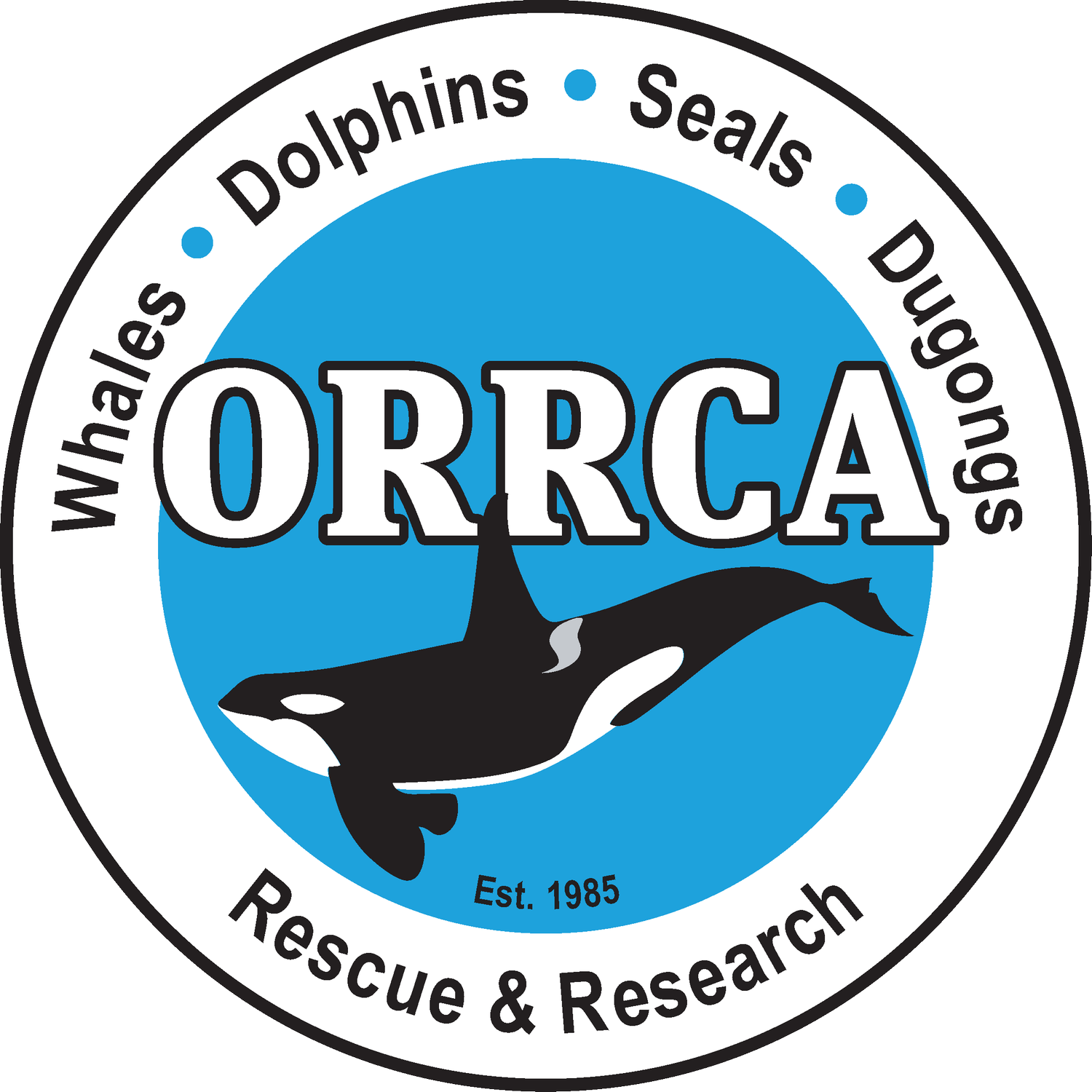Est. 1985
Early on the 24th of June, 1985 sixty-two false killer whales stranded at Crowdy Head on the north coast of New South Wales.
Judging by previous stranding’s around the world the prognosis didn’t look promising at all.
ORRCA Inc. is founded.
Taking action
On Crowdy Head beach, the whales were being thrown around and bashed to death on the rocks by the surf, with rescuers struggeling in those appalling conditions.
The hero at this rescue was a local resident, one of the first on the scene. He spent many hours trying to hold his whale upright, blowhole above the water, as directed by the Authorities at the time.
However, he was losing the battle, and he couldn’t keep upright himself.
a visionary
Taking matters into his own hands, he decided to take that animal on the back of a truck to the sheltered fishing port on the other side of the headland about a kilometre away, where he would nurse it back to health.
This was so successful that the order was given to transport all surviving animals to the port. That decision helped save a further 33 whales across that 3 day incident.
No longer would stranded animals be doomed to die.
A brighter future
Following this event, ORRCA (Organisation for the Rescue and Research of Cetaceans in Australia) was formed 0n the 14th of November of 1985 by a group of volunteers who wanted to make a difference in these unpredictable events.
ORRCA was then Incorporated under the NSW Incorporations Act (1984) on the 24th of February 1986. Since this time ORRCA has continued to grow from strength to strength, where today over 800 members support this amazing rescue organisation. Such support makes ORRCA one of the biggest volunteer organisations in NSW and continues to grow in Queensland and Western Australia!
The future of ORRCA
Looking forward ORRCA will continue to embrace its past and look into the future to better understand the problems that marine mammals encounter in today’s world. We will endeavour to discover and implement new rescue and management solutions for favourable stranding outcomes and rehabilitation.

